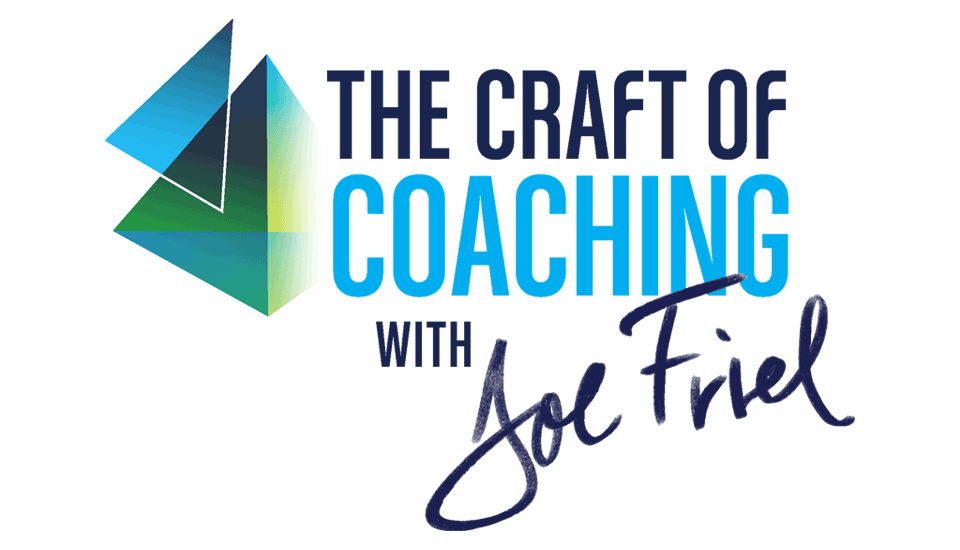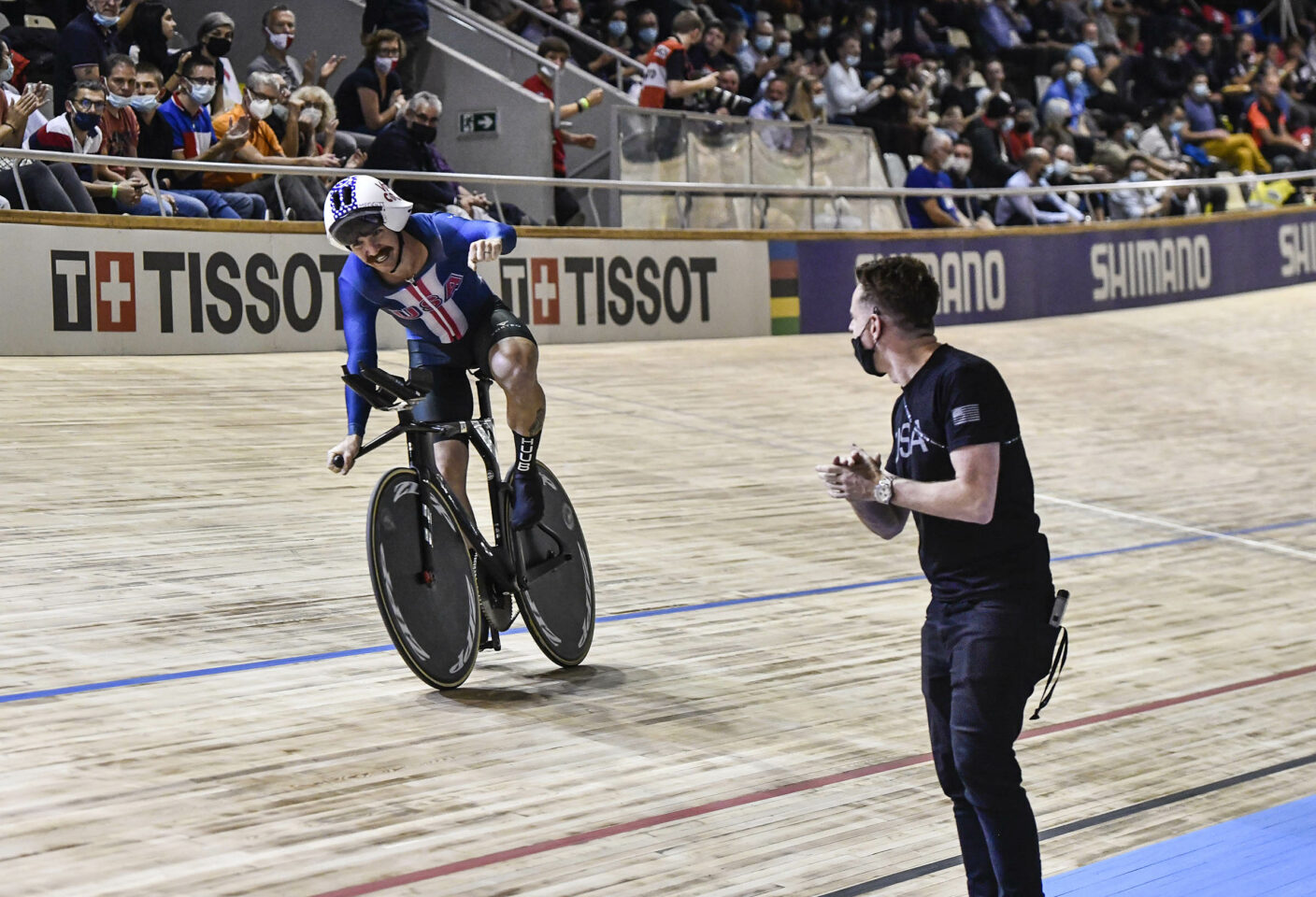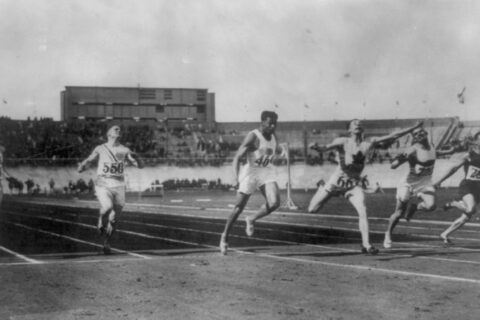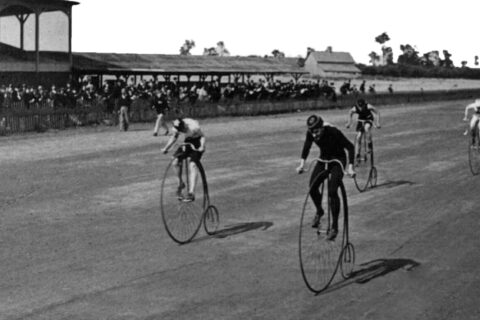A successful coach has a deeply engrained coaching philosophy and a sound training methodology.
The simpler and more basic these two concepts are the better. Both must also be flexible and tempered by an awareness of the athlete’s unique attributes. Franz Stampfl made the claim that “the coach’s main job is 20 percent technical and 80 percent inspirational.” His philosophy of coaching was to inspire the athlete to seek success while eliminating doubt. He accomplished this by getting to know the athlete as a person off the track—after a workout, during supper, over a glass of wine, and in their many times together away from the stopwatch. The athlete was someone he wanted to know better. They talked about everything, and plenty of it concerned life outside of training.
A successful coach fosters self-belief in athletes as a foundation for confidence and success.
Stampfl’s obvious commitment and honest belief in the imminent success of the athlete was so genuine and deeply felt that the athlete also came to believe in his or her own potential for success. Before Stampfl came along, Bannister wasn’t sure he could run under four minutes. Stampfl was sure he could. And Bannister came to believe it also.
A successful coach emphasizes long-term consistency in training.
This is more important than training done haphazardly—no matter how challenging the infrequent workouts are. Let’s face it, most training is boring (with a small portion that’s dreaded). The athlete must simply get out the door and do those workouts—day after day, week after week, month after month. The successful coach understands the importance of this and continually emphasizes it, especially with those who have poor motivation. In Stampfl’s own words: “Success comes from hard work, hard work, and more hard work. There are no shortcuts.”
A successful coach constantly seeks to refine and balance the athlete’s unique mix of workout frequency, intensity, and duration.
This is the most rudimentary of the basics in training regardless of the athlete’s level of performance. From world record holder to novice, it’s always those same three variables. And each one changes as the season progresses. This is the ongoing challenge of the coach with every athlete: How many workouts? How much duration? How much intensity? Start conservatively with new clients until you get to know them. Continually refine the mix. Most of the athletes I’ve coached have told me that my training plan was easier than the plan they followed when they were self-coached—but they got faster with my plan. That’s the outcome you are seeking—not entertainment.
A successful coach emphasizes the importance of every workout, however repetitive.
Consistency and adaptation require repetition. Unfortunately, some coaches see their purpose as entertaining the athlete with unique daily workouts—especially ones that might be classified as “hard” (the dreaded workouts). A regular diet of high intensity is counterproductive to success in endurance sports. Instead, stay focused on producing the results your athlete needs for success including the heavy diet of boring sessions. Help the athlete understand the reasons you emphasize this in training. Frequently explain the many benefits of consistent training. Athletes must come to accept this, as it is critical to their success.
A successful coach gives away information for free.
The more you give, the more you get.
A successful coach produces athletes who have great respect for their coach and are willing to share their story with others.
That’s what makes you, the coach, successful. The best advertising is word of mouth from successful clients. Blowing your own horn doesn’t work.
A successful coach develops a strong coach-athlete bond that brings out the best in the athlete.
The basis of this bond is trust, and to establish it you must be professional but not aloof or distant. This starts with letting your clients know that you care about them—just as Stampfl did. Talk with them about their lives, not just their sport. They are more than athletes.
A successful coach produces successful athletes.
That’s the success you are seeking as a coach. It is not about you. It’s about what those you coach accomplish. Trying to be the center of attention is counterproductive. Stampfl is not well known today, even among running coaches, but his athletes are very well known due to their accomplishments, which Stampfl played a significant role in producing.
The bottom line: Your success as a coach is dependent on the success of your athletes.





